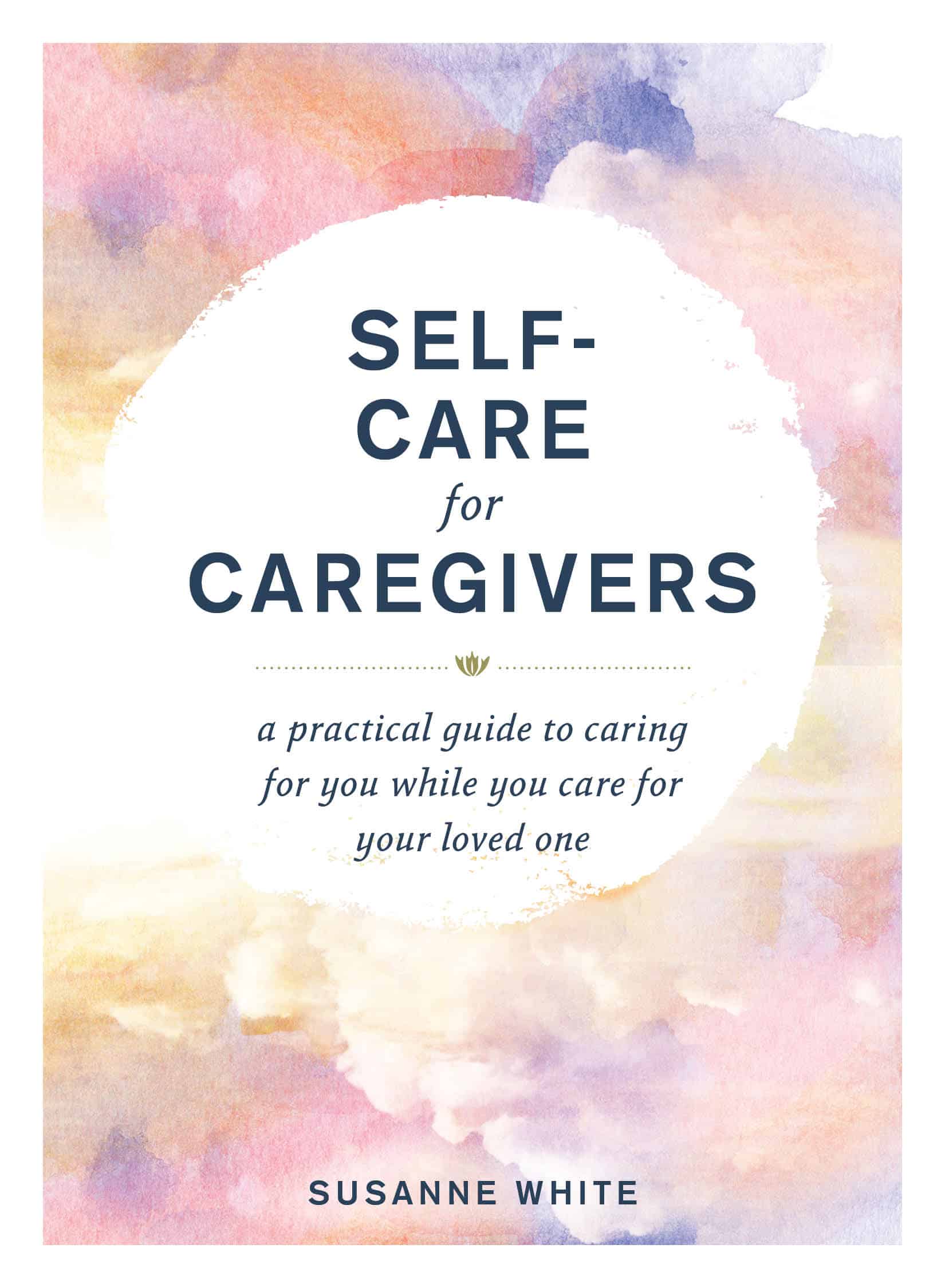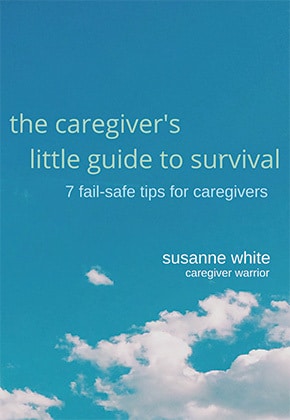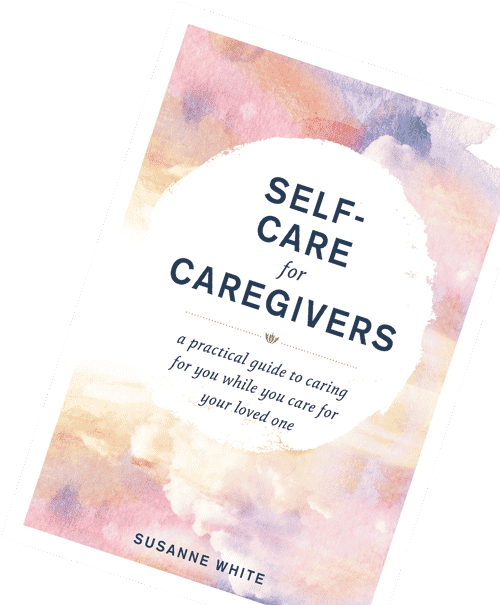Could it be that your parents or loved ones are hiding something from you? Are they suffering from symptoms they are keeping quiet about? Does everything appear to be relatively normal but something doesn’t feel right?
I look back now and realize both my parents were hiding my Mom’s early signs of dementia for quite some time. I’m sure they were both concerned but I bet my Mom was dismissive and told my Dad not to mention anything to any of us. I’m sure they made a pact that they would handle it on their own just as they had handled everything together all their lives.
Since both my sister and I no longer lived near my parents it was easier to keep up the deception. It wasn’t until my dad collapsed from exhaustion from overcompensating and caring for my Mom that the extent of her symptoms really become obvious. We then realized that what they were claiming was age appropriate forgetfulness and confusion was something far more serious.
I have since found out that this scenario is quite common. Many caregivers tell me that their Mom or Dad or loved ones hid their symptoms as long as they could. Some caregivers express guilt that they hadn’t noticed earlier. I assure them that parents or loved ones can be very crafty when working to appear normal and most of us fail to notice or attribute early stage symptoms to the aging process. Loved ones actually work hard to dismiss the issues or reassure us that they are fine. Their spouses may jump in and assist in the cover-up by picking up the slack or taking over tasks.
Although everyone is different, there are general symptoms to look for.
Valuable information about the symptoms of Alzheimer’s and Dementia can be found on wonderful websites such as
The Alzheimer’s Association,
AARP, and
your local office of the aging. However, the following general symptoms or changes may be signaling that a visit to the doctors for evaluation may be necessary.
1. Memory loss, confusion about dates and times and repeating questions.
Some of the early warning signs are difficulty remembering recently learned information, losing track of dates, times, and appointments and being confused about where they are. You may see a general mental decline, trouble with vocabulary or finding the right words. This is different from struggling with time, dates and names at the moment but remembering them later.
2. Difficulty performing daily or well-rehearsed tasks.
Some people may begin to make mistakes or become overwhelmed with things like balancing the checkbook, paying bills or following recipes or simple instructions. They may have difficulty concentrating or focusing. Driving may become difficult and they may find themselves forgetting where they are going or how to return home.
3. Isolating, avoiding socializing and mood changes.
Some people may begin to avoid socializing, participating in activities, and seem uncomfortable around people, even loved ones. They can become anxious and depressed and even suspicious of those around them. They can also begin to neglect personal cleanliness and avoid bathing.
When my Mom really began displaying all of these signs, we knew she needed help. Her primary care doctor confirmed our worst fears that she did indeed have dementia and we began a plan of strategies to help manage her condition. We did everything we could to learn about the disease and what we could do to support her and make her feel as comfortable as possible.
Early detection and diagnosis are important. Although every person is different and each individual has their own story, the stages of the diseases of dementia and Alzheimer’s do follow a pattern. The sooner the family has the information they need to understand the specific disease and its progress and implications, the easier it is to show up and take all the necessary steps to care for loved ones who are suffering.
Stay alert for signs of change in behavior and take action when you are concerned. It is always best to shine a light on the darkness and anything hidden there. Our loved loves don’t deceive us to be difficult or devious, they do it out of fear, shame, guilt, and even pride. Once we are on the same page we can all have a safer, healthier quality of life. Be patient and kind but firm and supportive. Be their champion and get them the help they need.










0 Comments